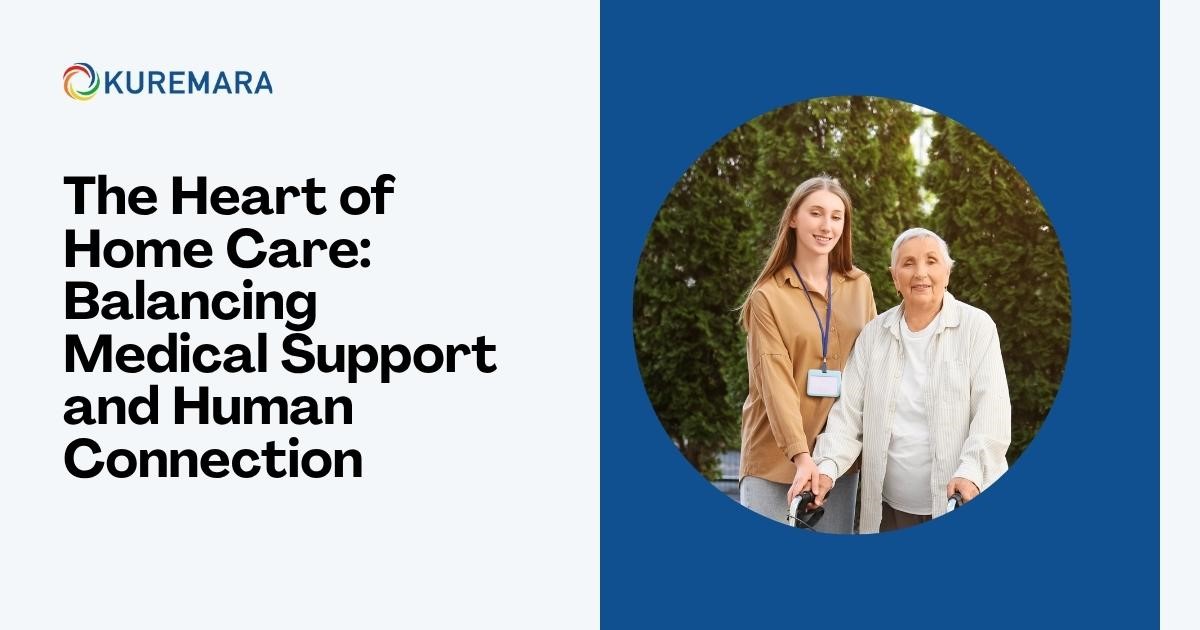Maintaining good oral health is about more than just a dazzling smile; it’s a cornerstone of your overall well-being.
Neglecting your teeth and gums can lead to a range of issues, from cavities and gum disease to more serious systemic health problems.
Fortunately, adopting a few simple yet effective habits can significantly improve your oral health and keep your smile radiant for years to come. Let’s explore some key tips to incorporate into your daily routine.
Brush Regularly and Effectively: The Foundation of Oral Hygiene
The cornerstone of good oral health is consistent and effective brushing. Aim to brush your teeth at least twice a day – once in the morning and once before bed – using a soft-bristled toothbrush and fluoride toothpaste.
Spend at least two minutes brushing, ensuring you reach all surfaces of your teeth: front, back, top, and even your tongue to remove bacteria and freshen breath.
Use gentle, circular motions rather than vigorous scrubbing, which can damage your gums and enamel. Replace your toothbrush every three to four months, or sooner if the bristles are frayed.
Floss Daily: Reaching Where Brushing Can’t
While brushing is essential, it can’t reach the tight spaces between your teeth and under the gumline where food particles and plaque can accumulate.
Daily flossing is crucial for removing this debris and preventing cavities and gum disease in these hard-to-reach areas.
Use about 18 inches of floss, gently gliding it between each tooth and curving it around the base of the tooth to clean below the gumline. If traditional floss is difficult to maneuver, consider using floss picks or interdental brushes.
Consider Dental Services: Regular Checkups and Cleanings
Even with diligent brushing and flossing, regular visits to your dental services professional are vital for maintaining optimal oral health. Schedule checkups and cleanings at least twice a year, or as recommended by your dentist.
These appointments allow for a thorough examination of your teeth and gums, early detection of any potential problems, and professional cleaning to remove plaque and tartar buildup that regular brushing and flossing may miss. Your dentist can also provide personalized advice and guidance on your oral hygiene practices.
Look for Orthodontics: Addressing Misalignment for Long-Term Health
For some individuals, properly aligned teeth contribute significantly to long-term oral health. Misaligned teeth can be harder to clean, increasing the risk of cavities and gum disease, and can also lead to issues with bite and jaw function.
If you have crooked, crowded, or gapped teeth, consider consulting with an orthodontics professional. Orthodontic treatments, such as braces or clear aligners, can correct these issues, making your teeth easier to clean and improving your overall oral health and bite alignment.
Limit Sugary and Acidic Foods and Drinks: Protecting Your Enamel
Diet plays a significant role in oral health. Frequent consumption of sugary and acidic foods and drinks can erode your tooth enamel, the protective outer layer of your teeth, making them more susceptible to decay.
Limit your intake of sugary snacks, candies, sodas, and fruit juices. When you do consume these items, try to do so during mealtimes rather than sipping or snacking on them throughout the day. Rinse your mouth with water after consuming sugary or acidic substances to help neutralize the acids.




